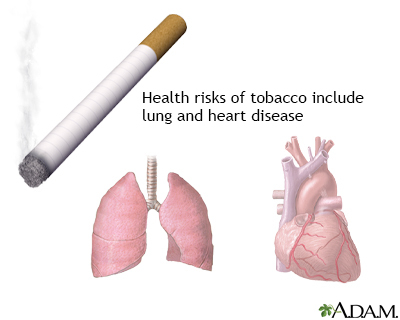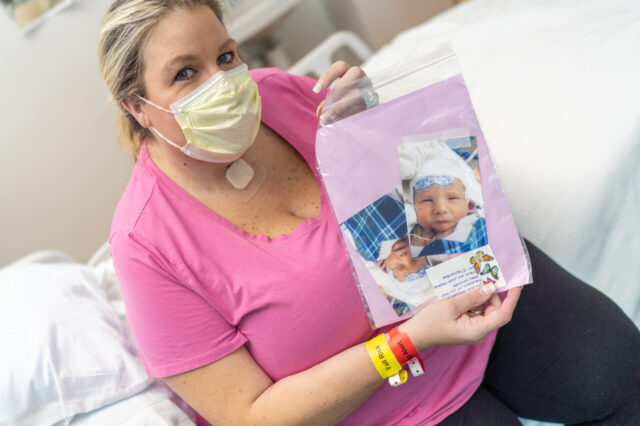Information
If you are trying to get pregnant, you should try to follow healthy habits. You should stick to these behaviors from the time you are trying to get pregnant all the way through your pregnancy.
- Do not smoke tobacco or use illegal drugs.
- Stop drinking alcohol.
- Limit caffeine and coffee.
Talk to your health care provider about any medicines you may be taking to see if they can affect your unborn baby. Eat a well-balanced diet. Take supplemental vitamins with at least 400 mcg (0.4 mg) of folic acid (also known as folate or vitamin B9) a day.
If you have any chronic medical problems (such as high blood pressure, kidney problems, or diabetes), talk to your provider before trying to get pregnant.
See a prenatal provider before trying to get pregnant or early in the pregnancy. This can help prevent, or detect and control health risks to the mother and unborn baby during pregnancy.
Talk to your provider if you are planning to get pregnant within a year of your or your partner's traveling abroad. This is especially important if traveling to areas where viral or bacterial infections could affect the health of an unborn baby.
Men need to be careful, too. Smoking and alcohol may cause problems with the unborn baby. Smoking, alcohol, and marijuana use have also been shown to lower sperm counts.
References
Berger DS, West EH. Nutrition during pregnancy. In: Landon MB, Galan HL, Jauniaux ERM, et al, eds. Gabbe's Obstetrics: Normal and Problem Pregnancies. 8th ed. Philadelphia, PA: Elsevier; 2021:chap 6.
Gregory KD, Ramos DE, Jauniaux ERM. Preconception and prenatal care. In: Landon MB, Galan HL, Jauniaux ERM, et al, eds. Gabbe's Obstetrics: Normal and Problem Pregnancies. 8th ed. Philadelphia, PA: Elsevier; 2021:chap 5.
Mullins EWS, Regan L. Women's health. In: Feather A, Randall D, Waterhouse M, eds. Kumar and Clarke's Clinical Medicine. 10th ed. Philadelphia, PA: Elsevier; 2021:chap 39.





